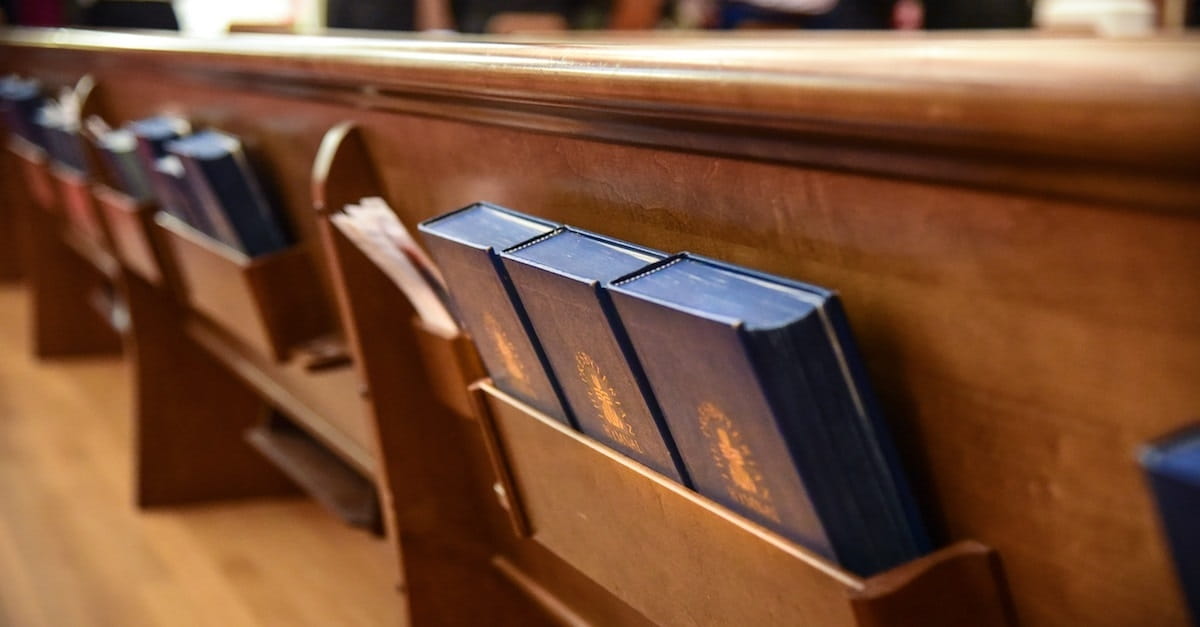

Don't Take Jeremiah 29:11 Out of Context
By Kelly Givens "'For I know the plans I have for you,' declares the Lord, 'plans to prosper you and not to harm you, plans to give you hope and a future.'" – Jeremiah 29:11 My Old Testament professor had this to say about the ever-popular Jeremiah 29:11: "I am going to destroy what this verse means to you, but then I'm going to reframe it so you understand it better within it's original context, and then you will love it even more when we're done." He definitely had our attention! 
We often approach Jeremiah 29:11 as a security blanket: God has a plan for me that is good, so clearly this suffering I'm going through will end soon and then my flourishing will begin! But that is not at all what God was promising to the Israelites, and it's not what he's promising us, either. Author and blogger Mary DeMuth addresses our misunderstanding of this verse in her article, Jeremiah 29:11 Doesn't Mean What You Think. As she explains, the heart of the verse is "not that we would escape our lot, but that we would learn to thrive" in the midst of it. Here's the context for Jeremiah 29: the Israelites were in exile, a punishment from God as a result of their disobedience. The prophet Jeremiah confronts the false prophet, Hananiah, who had boldly proclaimed that God was going to free Israel from Babylon in two years (spoiler alert: God doesn't do this). Jeremiah calls out Hananiah's lie, and then states the promise we read in 29:11. God does indeed have a good plan for the Israelites, and it is a plan that will give them hope and a prospering future. Sounds good, right? The thing is, before he shares this promise, just a few verses earlier, he gives them this directive from God: "seek the peace and the prosperity of the city to which I have carried you into exile. Pray to the Lord for it, because if it prospers, you too will prosper." (29:7) | 




















































No comments:
Post a Comment